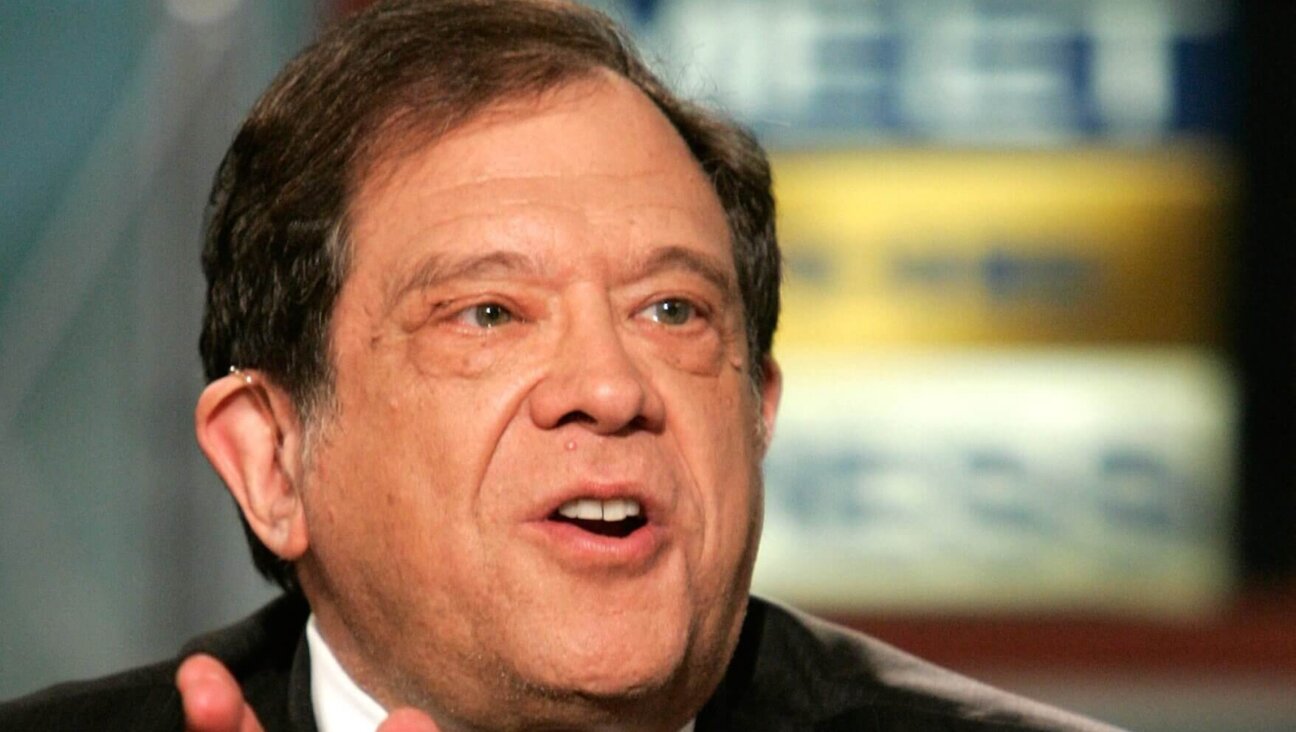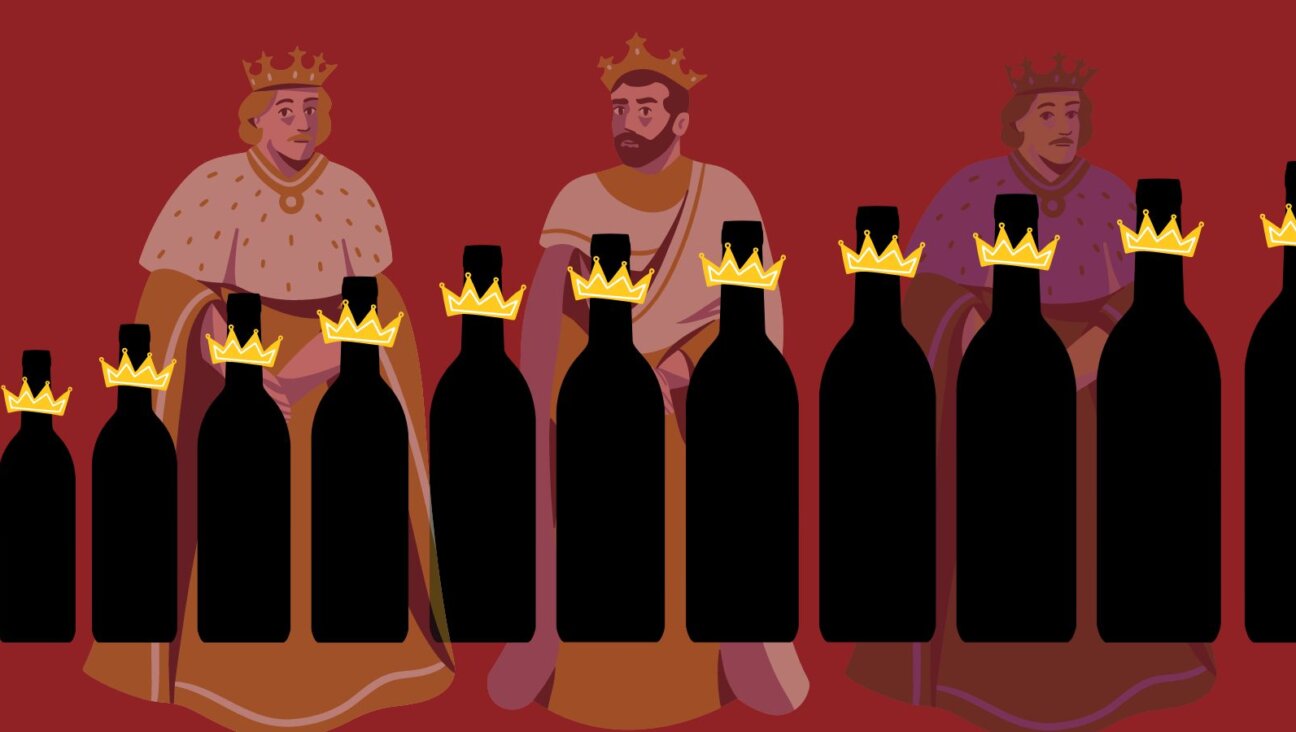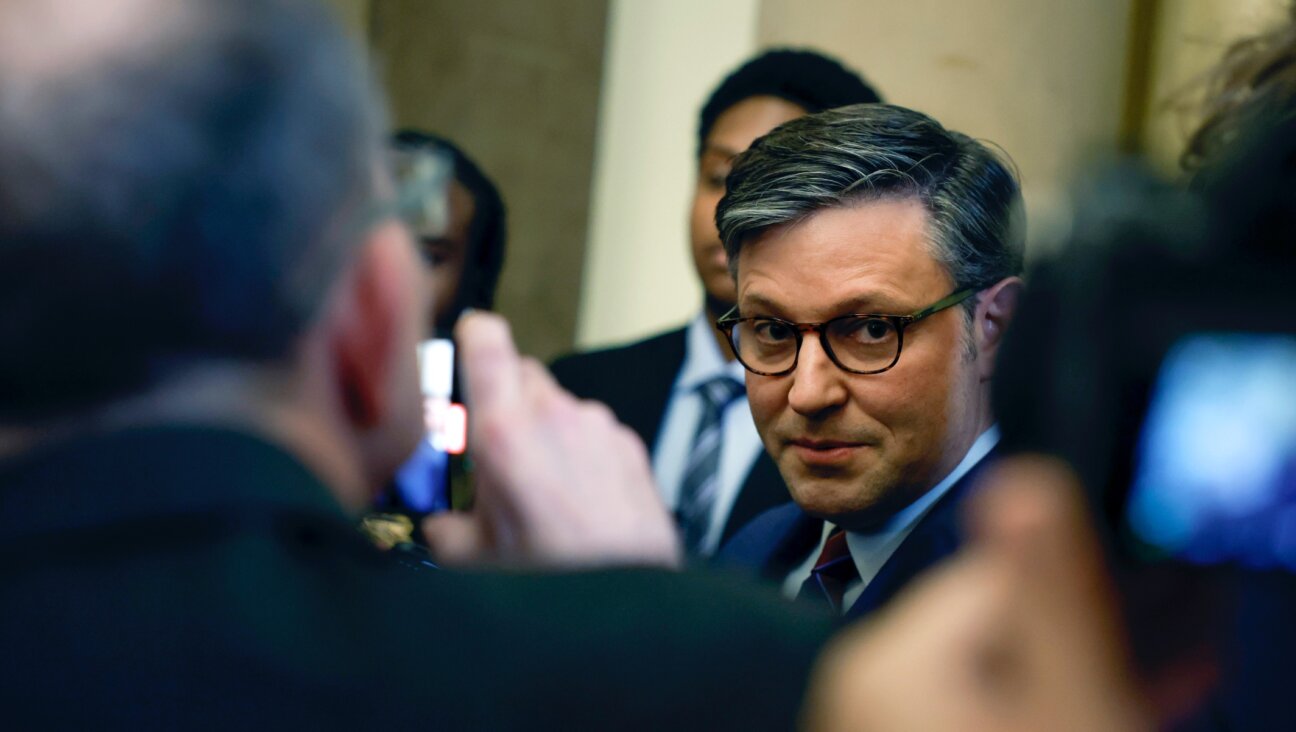Remembering Poet and Translator Michael Hamburger
Michael Hamburger, poet and translator, died June 7 at the age of 83.
He was born Michael Peter Leopold Hamburger, in Berlin in 1924, to Richard Hamburger, a Jewish pediatrician, and Lili Hamburg, a Polish Quaker, daughter of an eminent family of bankers. In 1933, when Hitler assumed the chancellorship, the Hamburgers left first for Edinburgh, then London.
Hamburger’s first book, published in 1943, was a translation of German poet Friedrich Hölderlin; he would later translate from the French, as well. Despite Hamburger’s own poems and prose — encompassing numerous collections; the critical “The Truth of Poetry,” which exalted, while it examined, reticence and gesture, and a wonderfully oblique memoir in two editions — his artist’s ego would be bruised by such talent at translation. Rendering the words of others into another language, though, should be no sad consolation — in this cold and fameless discipline, Hamburger was unmatched: There is no translation, it might be said, for his achievement in translation.
From Hölderlin, through his acclaimed work on Johann Wolfgang von Goethe and Rainer Maria Rilke, to his final translations, those of the poems of his friend W.G. Sebald, Hamburger was not only excellent but also influential. His versions had and have an influence perhaps second only in the “mug’s game,” as he called it, of Englishing German to the posterity of the work of friends Edwin and Willa Muir, famous and early translators of Franz Kafka. This influence is especially evident in Hamburger’s work on Paul Celan.
Hamburger was at his most necessary in his translations of Celan, and almost all other Celan translations will be found wanting in comparison. John Felstiner often Judaizes this poet, whose religious ambivalence is paramount, and deepening. Pierre Joris often translates more exactingly than exactly, reproducing German compounds that inorganically complicate the English.
Hamburger’s fellow exile — Celan was born in Czernowitz, now Ukraine, and ended his life a suicide in Paris — achieved his posterity through and in translation. From a murderous German, Hamburger created a reticent and quieter English Celan: a poet who would become canonized, in the Anglo-American world that then as now was preoccupied with aesthetic inquiry into the Holocaust, as the foremost, if unwilling, laureate of that catastrophe. In Hamburger’s selfless hands, Celan would, ultimately, be re-created as the foremost “last poet” of Jewish Europe.
Far from serving one poet, though, or the two masters of translation and his own poetic work, Hamburger served a nearer and greater purpose: His work in every discipline helped to establish a Jewish and European poetics that encompassed the Holocaust by exchanging German memory for English future, in language whose ambivalence, not just political or religious but turned inward, private, lasts until today not only in modern poetries but also in our modern souls.
Here, then, is an epigraph of that shared culture, and perhaps an epitaph for Hamburger, from his translation of Celan’s 1970 collection, “Lichtzwang”:
The eternities struck
at his face and
past it,slowly a conflagration extinguished
all candled things,a green, not of this place,
with down covered the chin
of the rock which the orphans
buried and
buried again.“Lichtzwang” courtesy of Persea Books.
Joshua Cohen is a literary critic for the Forward.

I hope you appreciated this article. Before you go, I’d like to ask you to please support the Forward’s award-winning journalism this Passover.
In this age of misinformation, our work is needed like never before. We report on the news that matters most to American Jews, driven by truth, not ideology.
At a time when newsrooms are closing or cutting back, the Forward has removed its paywall. That means for the first time in our 126-year history, Forward journalism is free to everyone, everywhere. With an ongoing war, rising antisemitism, and a flood of disinformation that may affect the upcoming election, we believe that free and open access to Jewish journalism is imperative.
Readers like you make it all possible. Right now, we’re in the middle of our Passover Pledge Drive and we need 500 people to step up and make a gift to sustain our trustworthy, independent journalism.
Make a gift of any size and become a Forward member today. You’ll support our mission to tell the American Jewish story fully and fairly.
— Rachel Fishman Feddersen, Publisher and CEO
Join our mission to tell the Jewish story fully and fairly.
Our Goal: 500 gifts during our Passover Pledge Drive!
























